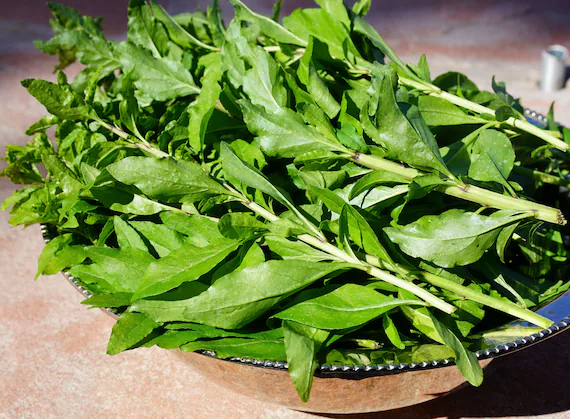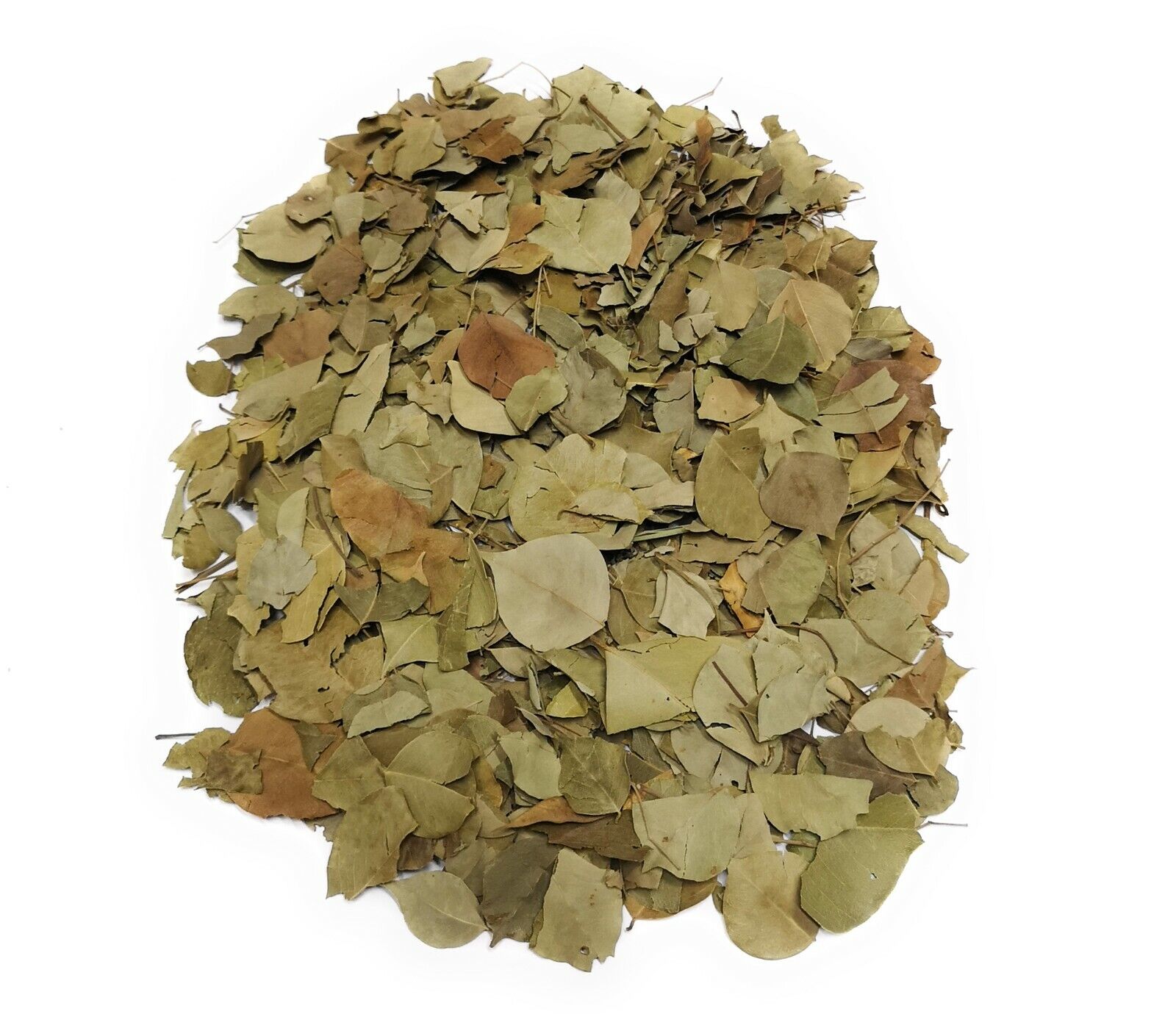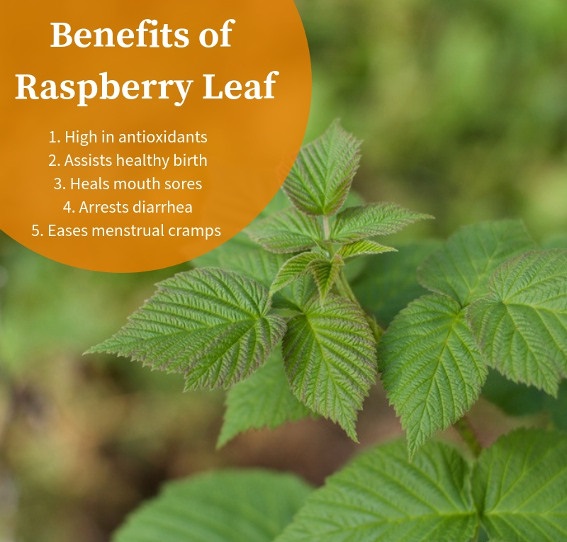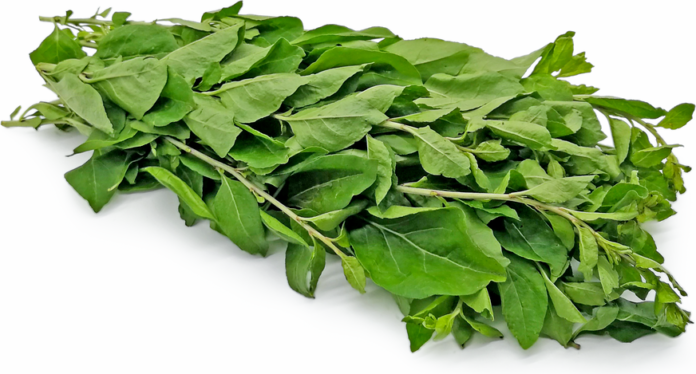INTRODUCTION

Berry leaves are the leaves of berry-producing plants like raspberries, blackberries, and blueberries. They are often used in herbal medicine, particularly raspberry leaves, which are known for supporting women’s health during pregnancy and menstruation. Berry leaves can also be brewed into teas, providing mild flavors and potential health benefits due to their antioxidant and nutrient content.
Types
Here are some common types of berry leaves:
- Raspberry Leaves: Known for their potential benefits in women’s health and often used in herbal teas.
- Blackberry Leaves: Used similarly to raspberry leaves, they have antioxidant properties and are sometimes brewed in teas.
- Blueberry Leaves: These leaves are rich in antioxidants and may help support cardiovascular health.
- Strawberry Leaves: Known for their astringent properties, they can be used in teas and have some medicinal uses.
- Elderberry Leaves: While the berries are often used for their health benefits, the leaves can also have medicinal properties, though they should be used cautiously.
Each type of berry leaf may offer unique flavors and health benefits, making them versatile in culinary and medicinal applications.
Forms

Berry leaves can be used in several forms, including:
- Dried Leaves: Commonly used for making herbal teas and infusions, dried leaves retain many of their beneficial properties.
- Powdered Leaves: Dried berry leaves can be ground into a fine powder for use in smoothies, capsules, or as a supplement.
- Tea/Infusion: Berry leaves can be steeped in hot water to make herbal teas, extracting their flavors and health benefits.
- Extracts/Tinctures: Concentrated liquid forms can be made by soaking berry leaves in alcohol or another solvent, allowing for easy dosage.
- Topical Applications: Some berry leaves can be used in poultices or infusions for topical treatments on the skin.
Medicinal Properties
Berry leaves have several medicinal properties that can benefit health. They are rich in antioxidants, which help protect the body from damage, and have anti-inflammatory effects that may reduce swelling and pain. Raspberry leaves, in particular, are known to support women’s health during pregnancy and menstruation by easing cramps and toning the uterus. They can also aid digestion and may help regulate blood sugar levels. Additionally, some berry leaves have antimicrobial properties that can boost the immune system and fight infections. Overall, these leaves can be a valuable part of herbal remedies.
Health Benefits
Berry leaves provide a range of health benefits, making them valuable in herbal medicine. Here are some detailed health benefits:
Digestive Health
Berry leaves, particularly raspberry and blackberry leaves, can aid digestion by promoting healthy bowel movements. They may help relieve symptoms like bloating, gas, and stomach cramps, making them useful for those with digestive issues.
Women’s Health
Raspberry leaves are especially known for their benefits in women’s health. They can help ease menstrual cramps and regulate menstrual cycles. During pregnancy, raspberry leaves may tone the uterus and prepare it for labor, potentially leading to a smoother delivery.
Antioxidant Properties

Berry leaves are rich in antioxidants, such as flavonoids and polyphenols. These compounds help neutralize free radicals in the body, reducing oxidative stress and lowering the risk of chronic diseases, including heart disease and cancer.
Anti-inflammatory Effects
The leaves possess anti-inflammatory properties, which can help reduce inflammation in the body. This is particularly beneficial for individuals with inflammatory conditions like arthritis or for those recovering from injuries, as it may alleviate pain and swelling.
Skin Health
The astringent properties of berry leaves make them useful for skin health. They can be used in topical applications to soothe minor irritations, reduce redness, and help with conditions like acne. Their antioxidant content also supports overall skin health by combating signs of aging.
Heart Health
Some research suggests that mulberry leaf extract may improve heart health by reducing cholesterol and blood pressure levels, decreasing inflammation, and preventing atherosclerosis a buildup of plaque in your arteries that can lead to heart disease.
Other Potential Health Benefits
Although research is limited, mulberry leaf may offer several other health benefits. These include:
- Anticancer effects. Some test-tube research links this leaf to anticancer activity against human cervical and liver cancer cells.
- Liver health. Test-tube and animal studies have determined that mulberry leaf extract may protect liver cells from damage and reduce liver inflammation.
- Weight loss. Rodent studies note that these leaves may increase fat burning and promote weight loss.
- Consistent skin tone. Some test-tube research suggests that mulberry leaf extract may prevent hyperpigmentation — or patches of dark skin — and naturally lighten skin tone.
Side Effects
While berry leaves are generally safe for most people when consumed in moderate amounts, they may have some potential side effects, including:
- Allergic Reactions
- Gastrointestinal Distress
- Hormonal Effects
- Drug Interactions
- Overconsumption Risks




